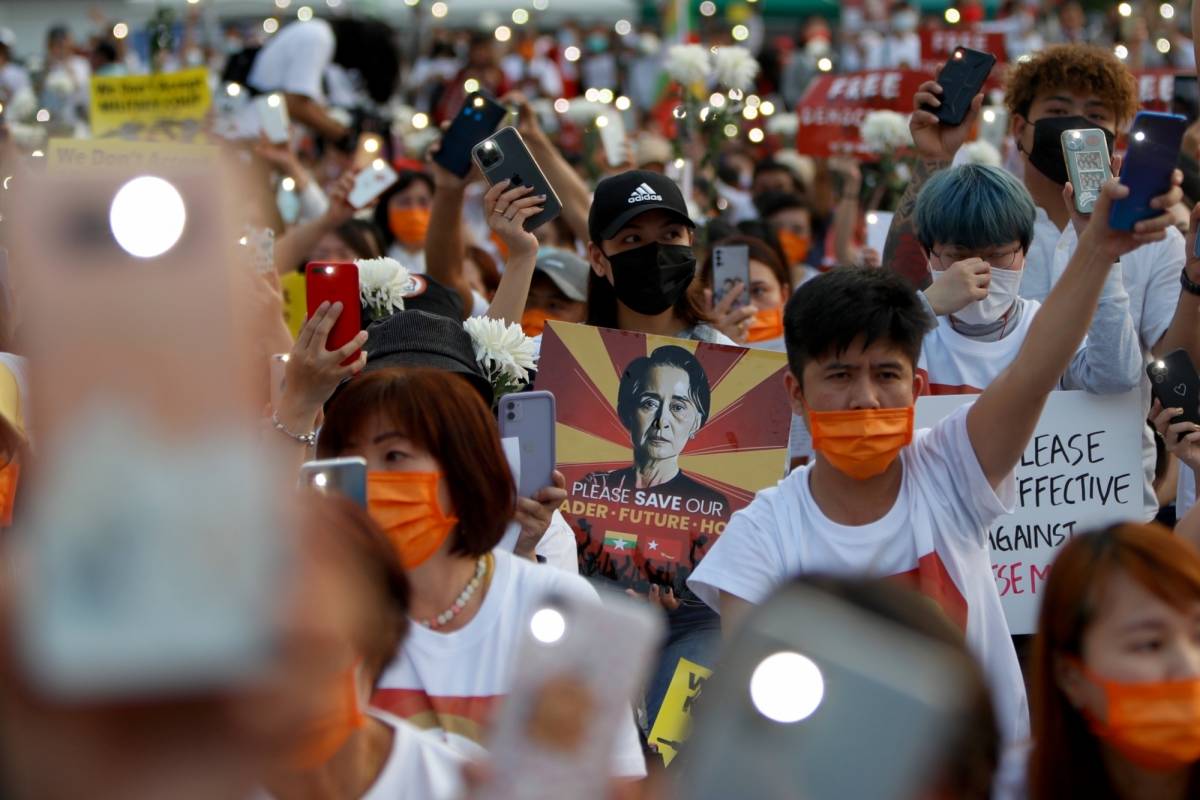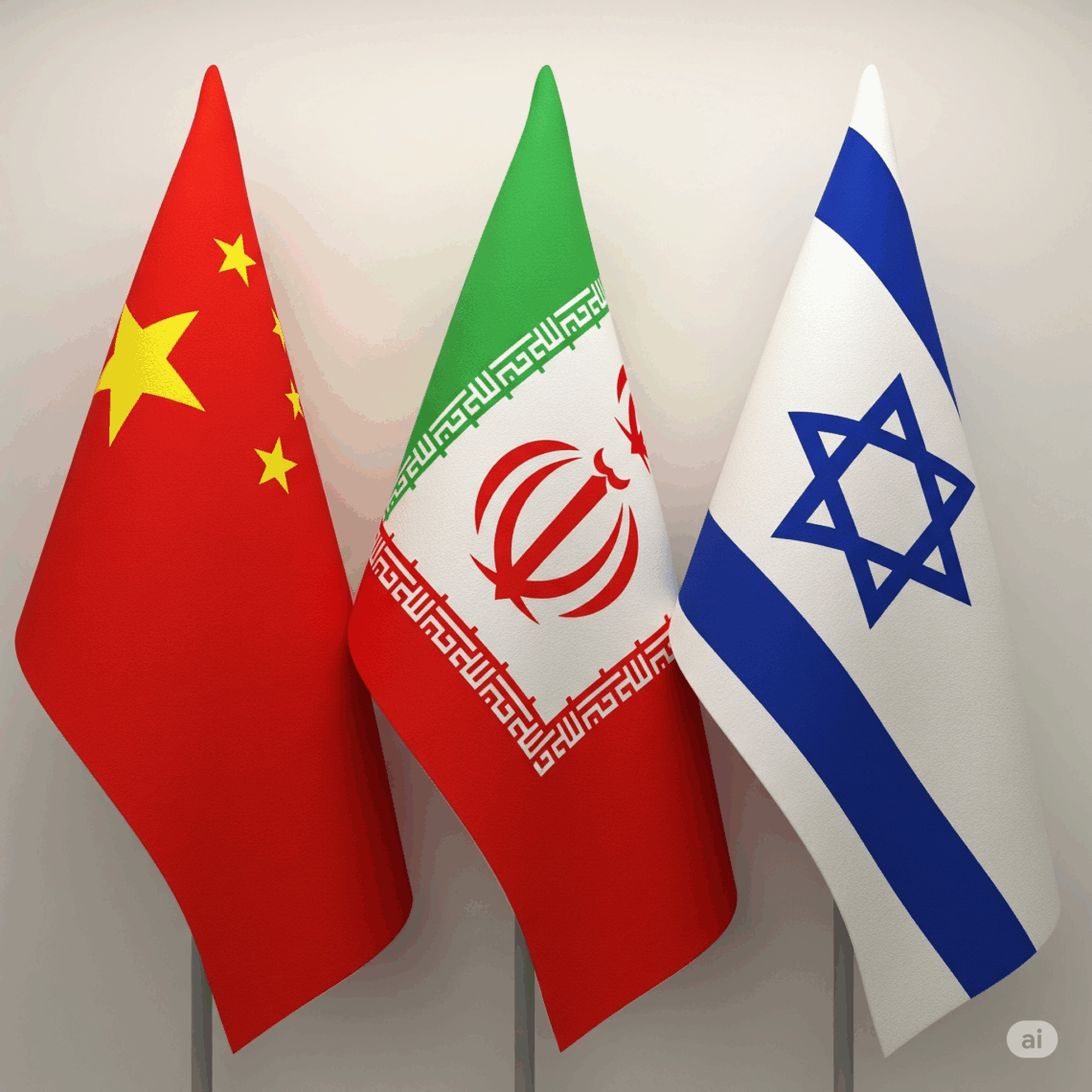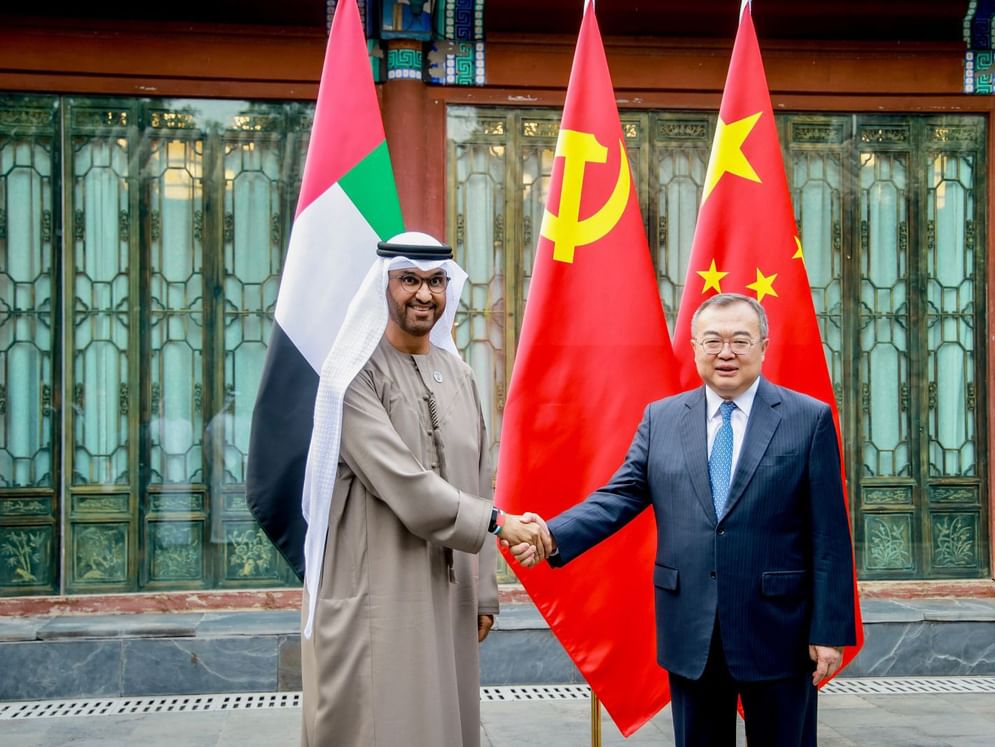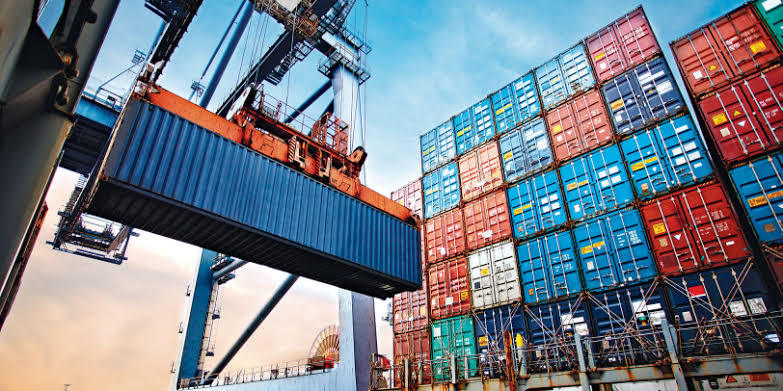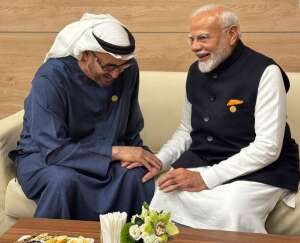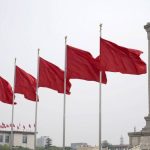Beijing’s interests in Myanmar have been growing for several decades. It includes advancing the strategic China-Myanmar Economic Corridor…reports Asian Lite News
The Myanmar coup that removed elected leader Aung San Suu Kyi and positioned the country’s army into power could prove to be a disaster for China’s interests in the region, as the new military rulers crave greater autonomy from Beijing, a media report said on Friday.
However, the larger neighbour has strategic interests and it will act to protect those in the smaller country. China has accommodated itself to the junta while carefully hedging through both public and private pressure to come out on top in Myanmar, Foreign Policy reported on Friday.
Beijing’s interests in Myanmar have been growing for several decades. It includes advancing the strategic China-Myanmar Economic Corridor (CMEC) ensuring internal stability in Myanmar, and preventing Western countries from pulling Myanmar into their orbit.
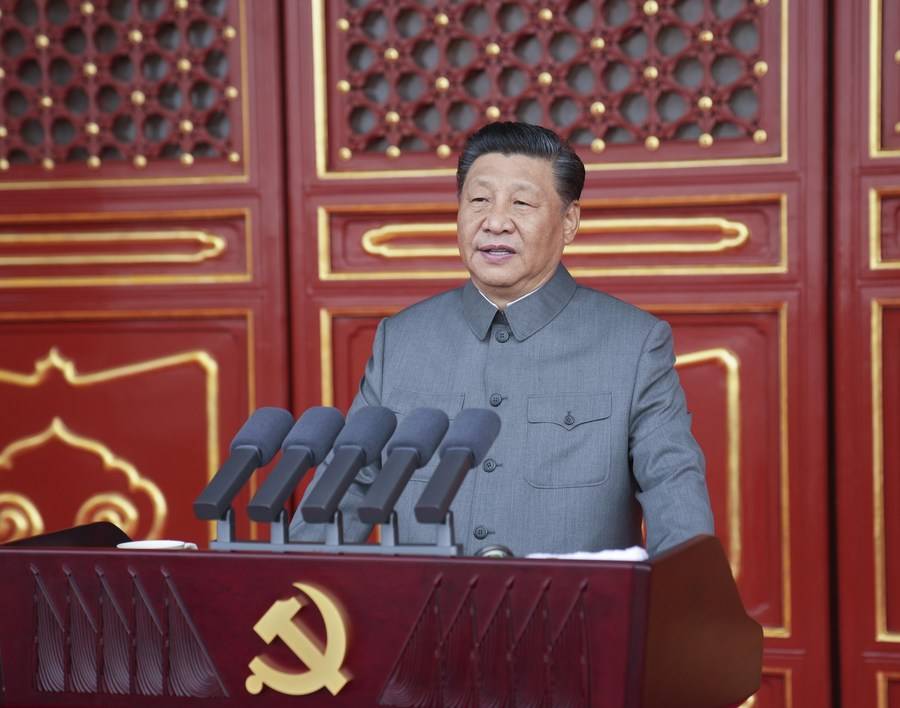
The Chinese regime had established warm ties with National League for Democracy (NLD) government led by Aung San Suu Kyi. However, Tatmadaw had been annoyed with China in those days too. Because Myanmar’s economy was being more dependent on China and Beijing has been extending its support for rebel leaders in the country.
In 2020, when Chinese President Xi Jinping visited Myanmar, both countries had signed 33 MoUs to advance the oft-stalled CMEC.
The Rohingya crisis, which drew widespread criticism and Western sanctions for the NLD government had driven the Aung San Su Kyi’s party into the Chinese orbit. Therefore NLD-Beijing relations were in an upward trajectory after the party’s electoral victory in 2020, Foreign Policy said.
However, the coup turned things opposite for Beijing.
Myanmar’s army was surprised as it faced stiff resistance and a growing armed rebellion by a diverse and loosely aligned coalition of ethnic armed organisations (EAO), civilian militias, and the National Unity Government (NUG) led by ousted parliamentarians. The ill-equipped armed opposition inflicted deaths in guerrilla raids. Naturally, China welcomed the chaos as its interests were threatened in Myanmar and it also protected a possible total meltdown and collapse that could spill over into China itself, according to Foreign Policy.
Obviously, China won’t sit and watch its interests being harmed in the country that it had made in years. So, the communist regime started siding with the apparent winner.
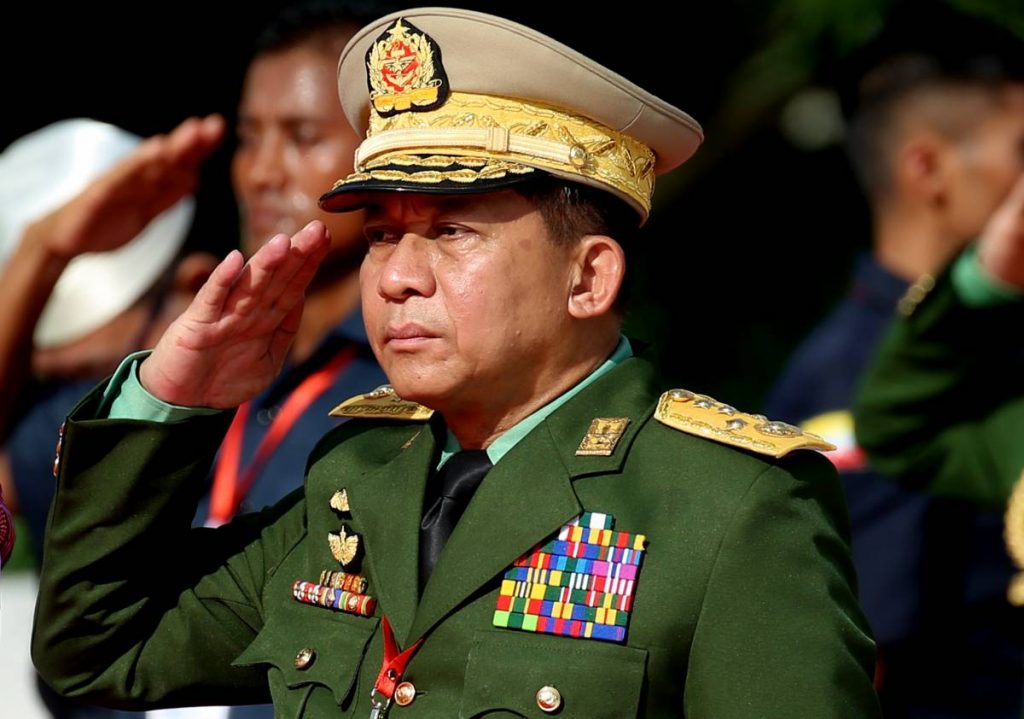
Beijing was in a complex situation of whom to take a side in Myanmar. Whether it should back a decapitated NLD or it should opt for Tatmawda, which is trustworthy but sceptical about Beijing. The communist regime chose the latter.
Beijing went behind the junta because supporting opposition would have required more resources and arms for a leaderless movement.
Tatmadaw was the only logical choice for China as Beijing always favours a regime that is not subject to concerns about human rights and typically opposes public international intervention.
Understanding the junta’s rule is complex than allying with it. The communist regime has tried to secure its investment in the country but so far there’s no major development.
Beijing’s interests in Myanmar remain deep and long-term, and instability could endanger its position. In fact, anger at China’s willingness to work with the junta has already resulted in attacks on its assets. So, there is a real risk of blowback to completely embracing the Tatmadaw, thus China feels the need to hedge, reported Foreign Policy. (ANI)

